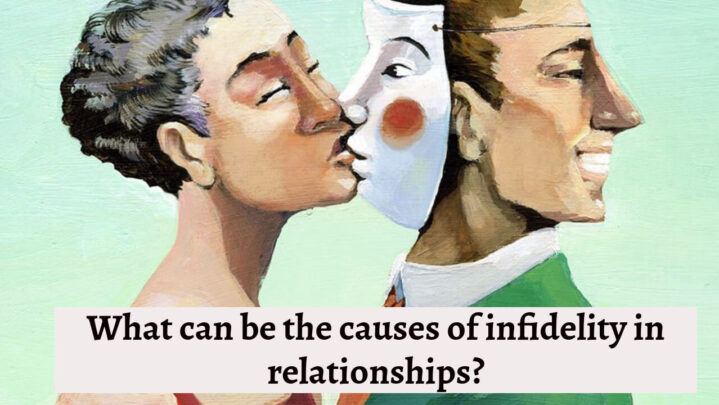Infidelity can be defined as any action that breaks an implicit or explicit agreement between two people, therefore harming the relationship, and thus begins as a friendship or caring bond, grows over time, and becomes an intimate relationship. Platonic friendships frequently become emotional affairs, and the line between the two kinds of relationships is thin. However, when a platonic relationship becomes extremely close and includes some degree of secrecy, it transforms into an affair.
Though never justified (because if one is that unhappy, they can choose another path), the following are some of the most prevalent causes of infidelity in relationships:
1. Emotional disconnect: When one spouse feels emotionally estranged from the other, they may pursue a connection with another person. This can result in mental adultery, which can progress to physical infidelity.
2. Boredom: When one partner feels bored or unsatisfied, they may pursue stimulation and novelty elsewhere.
3. Revenge: Sometimes, one partner may deceive as a form of retribution for something the other partner did.
4. Relationship issues: Infidelity can indicate underlying relationship issues, such as a lack of confidence, communication difficulties, or unresolved conflicts.
5. Personality Traits: Certain psychological characteristics, such as impulsivity or a strong desire for change and stimulation, can predispose one to cheat.
Because every relationship is unique, there is no one-size-fits-all answer to what causes cheating. However, couples can reduce their chances of straying and build a more fulfilling relationship by addressing fundamental issues and increasing dialogue, trust, and emotional connection.





